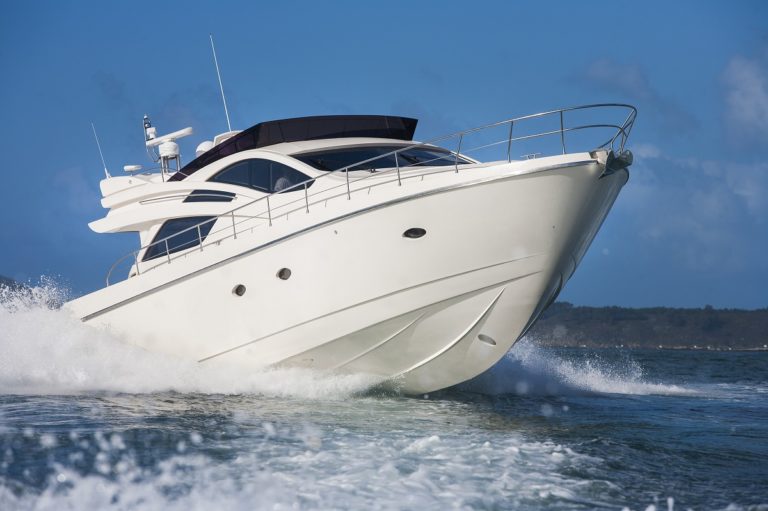As the warmer season approaches, the urge to find ways to escape the heat gets stronger. There’s no better way to do that than to get in the water. Swimming, fishing, and touring the world on a cruise ship are all fun water-based activities to try out. Most of these pursuits involve using a boat or ship in some capacity.
If you own one or are planning to buy or rent one, you should know that water is highly corrosive to the metal used in boats and ships. Marine-grade materials provide an excellent solution to this. Here are the best marine-grade metals that you should invest in to keep maintenance and downtime to a minimum while keeping your enjoyment up to the maximum:
Copper
Copper alloy is an incredibly durable and ductile material used for tubing and electrical cables in marine environments. This is because it has excellent thermal conductivity, which makes it ideal for components where rapid heat transfer is crucial. Marine cables are essential to the lighting, communications, and instrumentation of a boat or ship. Without them, it would be difficult and nearly impossible to navigate your boat or ship. As such, it requires high quality and dependable marine grade wires that are resistant to water, oxygen and light. You should invest in good power cables in Singapore so you can get the best value for your money.
Brass
Marine-grade brass come in 464 “naval brass” and 485 “leaded naval brass” and are made with small amounts of tin which make them resistant to corrosion. The lead in leaded naval brass makes it easier to manipulate, and it’s typically used in propeller shafts, marine hardware and construction, decorative fittings, shafting, turnbuckles, and propeller shafts.
Aluminum

Marine-grade aluminum is a range of aluminum alloys from the 5XXX and 6XXX grades. This material is a common corrosion-resistant marine-grade material because it’s lightweight, especially when compared to steel. It has high levels of chromium and manganese to prevent corrosion and precipitation hardening. Aluminum is used in the construction of deckhouses, hulls, and hatch covers of commercial ships. You’ll also find it used for equipment like windows, doors, ladders, and railings.
Bronze
There are two bronze alloy types that are impervious to water corrosion: 954 aluminum bronze and 655 silicon-bronze. Aluminum bronze shows low oxidation rates even at high temperatures. They’re also resistant to tarnishing and corrosion and they repel the colonization of marine organisms like algae, mussels, and barnacles. Silicon bronze is durable, non-magnetic, and highly resistant to corrosion. General marine applications like pumps, boilers, nuts, and bolts are usually made of bronze.
Steel
There’s a variety of steel classes suitable for marine use: stainless steel, alloy steel, galvanized steel, and carbon steel. Some types are better at handling corrosion and water damage than others though. 316 stainless steel is among the most commonly used of these since it’s the most effective at resisting both rust and corrosion due to the higher molybdenum quantities it contains compared to other types of steel. They’re often used for deck components, storage vessels, marine fittings, and boat propeller shafts.
Before you hit the seven seas to escape the heat, save money and time by making sure that your boat or ship is well-equipped with these marine-grade materials.



